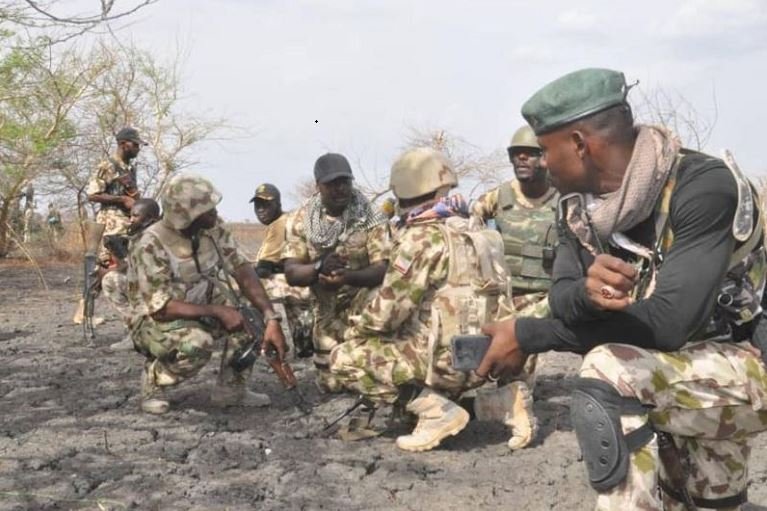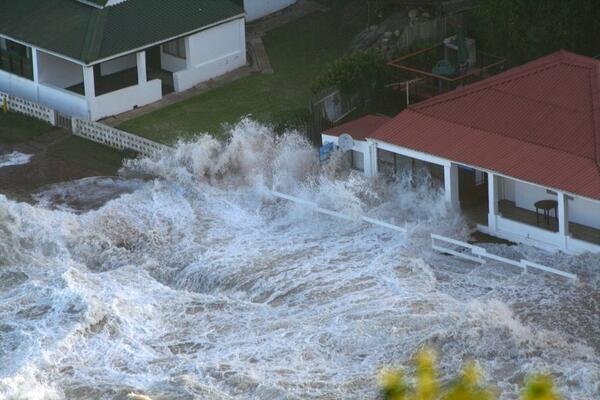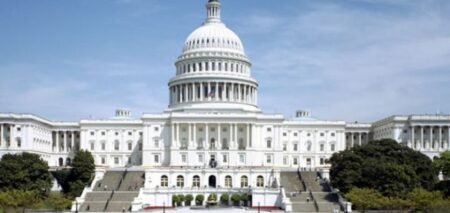The Economic and Financial Crimes Commission (EFCC) has called on Designated Non-Financial Businesses and Professionals (DNFBPs) in the Southwest to strictly adhere to the Money Laundering (Prevention and Prohibition) Act, 2022.
The EFCC emphasized the need for due diligence on customers and the mandatory reporting of suspicious transactions, particularly those involving Politically Exposed Persons (PEPs).
The Executive Chairman of the EFCC, Mr. Ola Olukoyede, delivered this charge during a one-day workshop held in Lagos on Thursday, February 27, 2025.
The event, themed “Awareness to Action: Mobilizing DNFBPs for Compliance,” was organized by the Special Control Unit against Money Laundering (SCUML), the EFCC’s Anti-Money Laundering Department.
In his opening remarks, the acting Zonal Director of the Lagos Zonal Directorate, ACE I Michael Wetkas, underscored the role of DNFBPs in combating financial crimes.
“As professionals in the DNFBP sector of the economy, you are critical stakeholders in the fight against economic and financial crimes. Nigeria belongs to all of us, so you need to play your role diligently without fear or favour, because what you do in your own corner will have a multiplier impact on the country,” he said.
The Director of SCUML, Commander of EFCC, CE Daniel Isei, highlighted that the workshop was part of efforts to remove Nigeria from the Financial Action Task Force’s (FATF) Grey List.
“As you may be aware, Nigeria was added to the FATF Grey list in February 2023 after a 2021 Mutual Evaluation Report identified critical gaps in our financial crime prevention measures,” he said.
He explained that while Nigeria has made progress under an action plan with FATF’s International Cooperation Review Group (ICRG), there is still work to be done, especially in improving DNFBP compliance.
“Nigeria needs to come out of the Grey List and one of the deficiencies found is that compliance is very low. In order to exit the Grey List by May 2025, some outstanding actions need to be addressed urgently to demonstrate our effectiveness, such as applying effective, proportionate and dissuasive sanctions for breaches of AML/CFT requirements and following up to ensure remedial actions are taken by sanctioned entities. Enhance preventive measures through inspections, outreach and provision of guidance for higher-risk sectors,” he added.
A key session at the workshop featured a presentation by the Head of SCUML Lagos, ACE I Ibinabo Amachree, on the “Application of KYC/CDD Measures (PEP Reporting) to Prevent ML/TF Risk for DNFBPs.” She emphasized the importance of Know Your Customer (KYC) obligations.
“You must ensure that you carry out due diligence in knowing your customer, and ensuring proper documentation to ascertain relevant information from your prospective customers before doing business with them, and this is a continuous activity,” she stated.
She warned that failure to comply could result in legal consequences, adding, “Ignorance is not a defence in law.”
Additionally, the Head of SCUML Ibadan, ACE I Toyin Ehindero, described the Southwest as a crucial region in achieving the Commission’s objectives.
Another resource person from SCUML, ACE II Folashade Oluwasanya, spoke on targeted financial sanctions, urging DNFBPs to be vigilant in identifying and reporting suspicious activities.
“The importance of vigilance in identifying suspicious activities and legal obligations of DNFBPs in reporting such transactions to relevant authorities cannot be overemphasized,” she said.
ACE II Bassey Okon provided insights into the administrative sanctions imposed on non-compliant DNFBPs. He outlined the legal consequences of non-adherence to financial regulations and stressed the need for a strong compliance framework.
The workshop is part of EFCC’s broader strategy to ensure that Nigeria meets international anti-money laundering standards and exits the FATF Grey List by May 2025.











